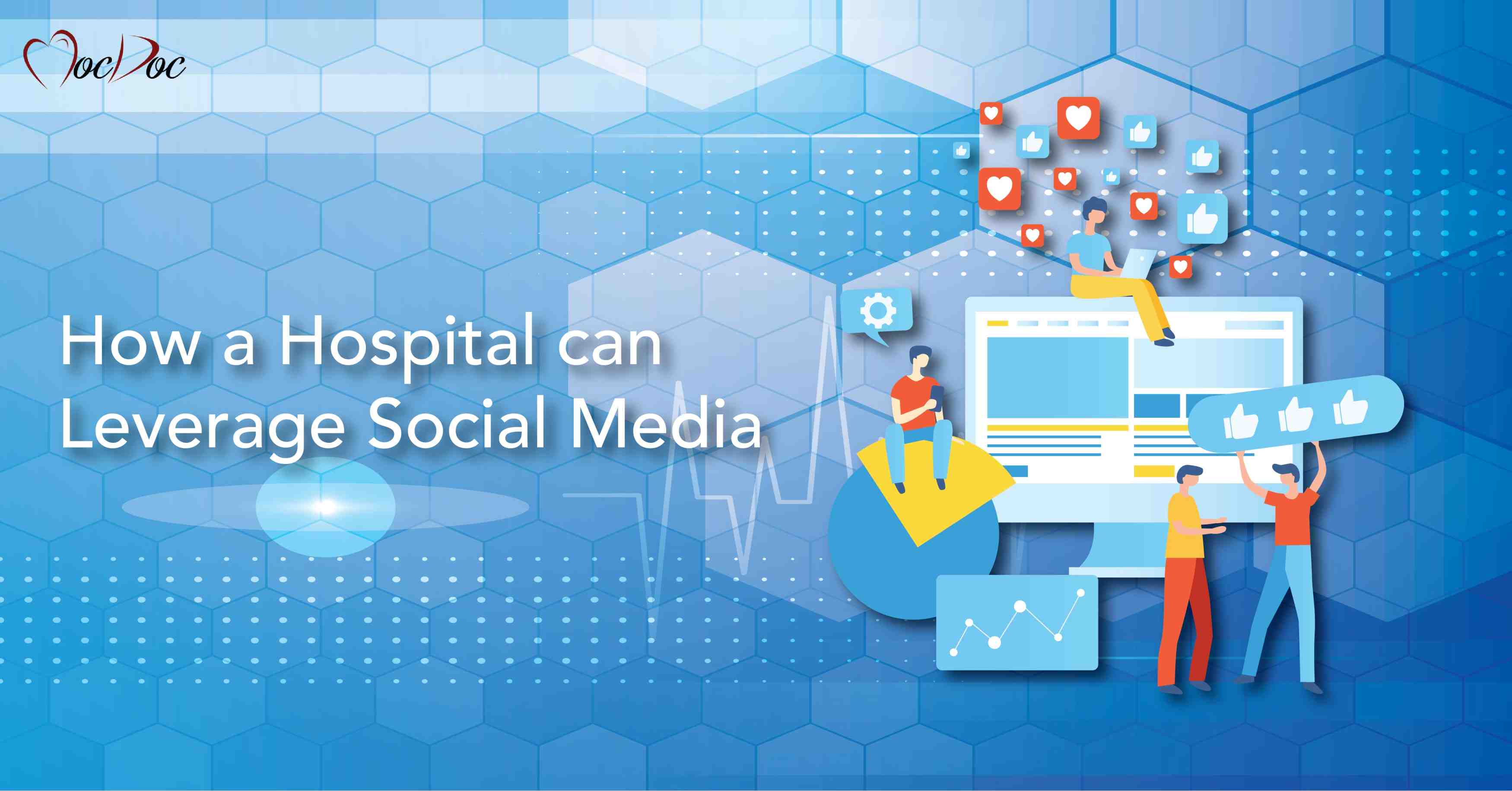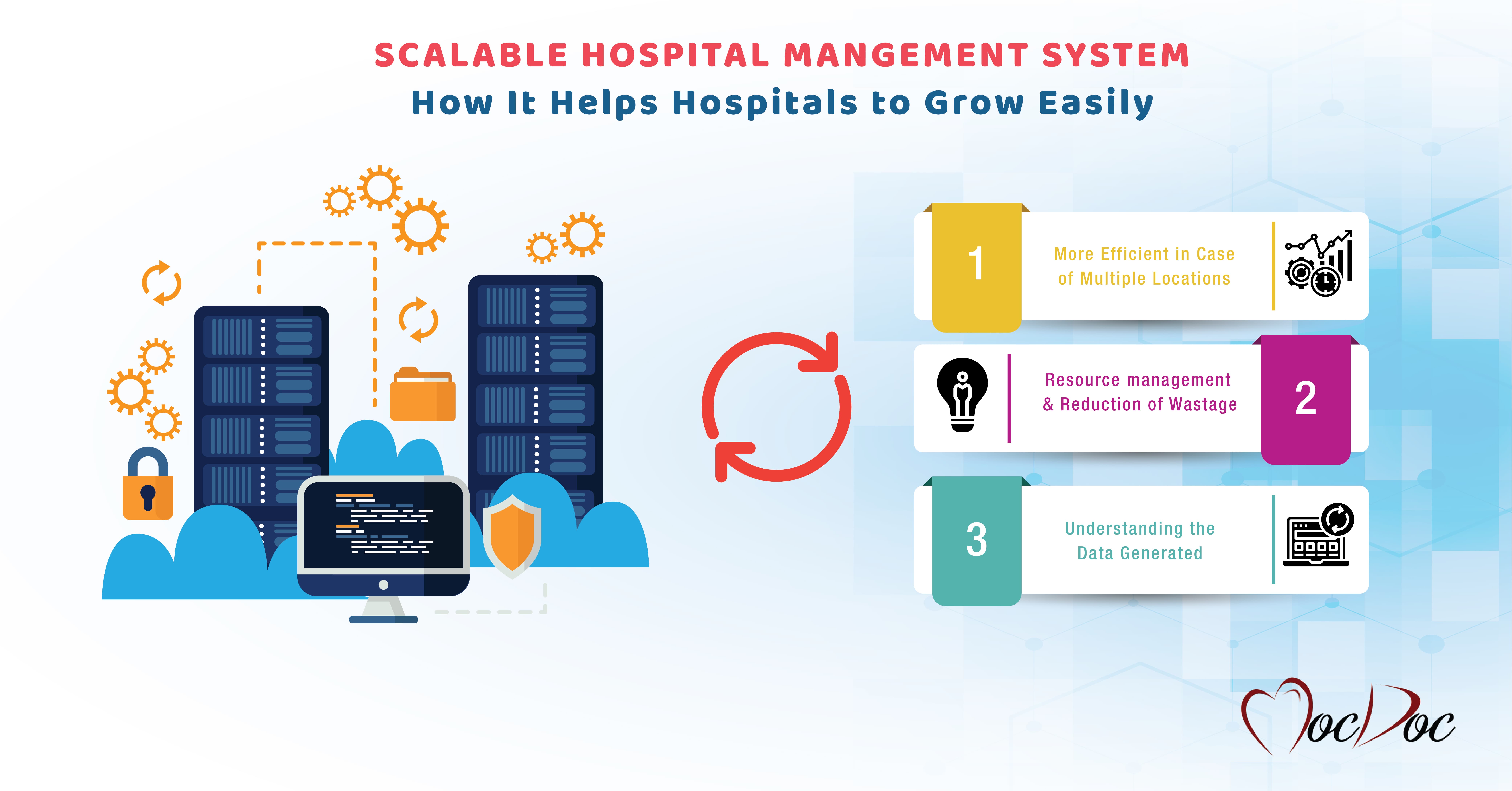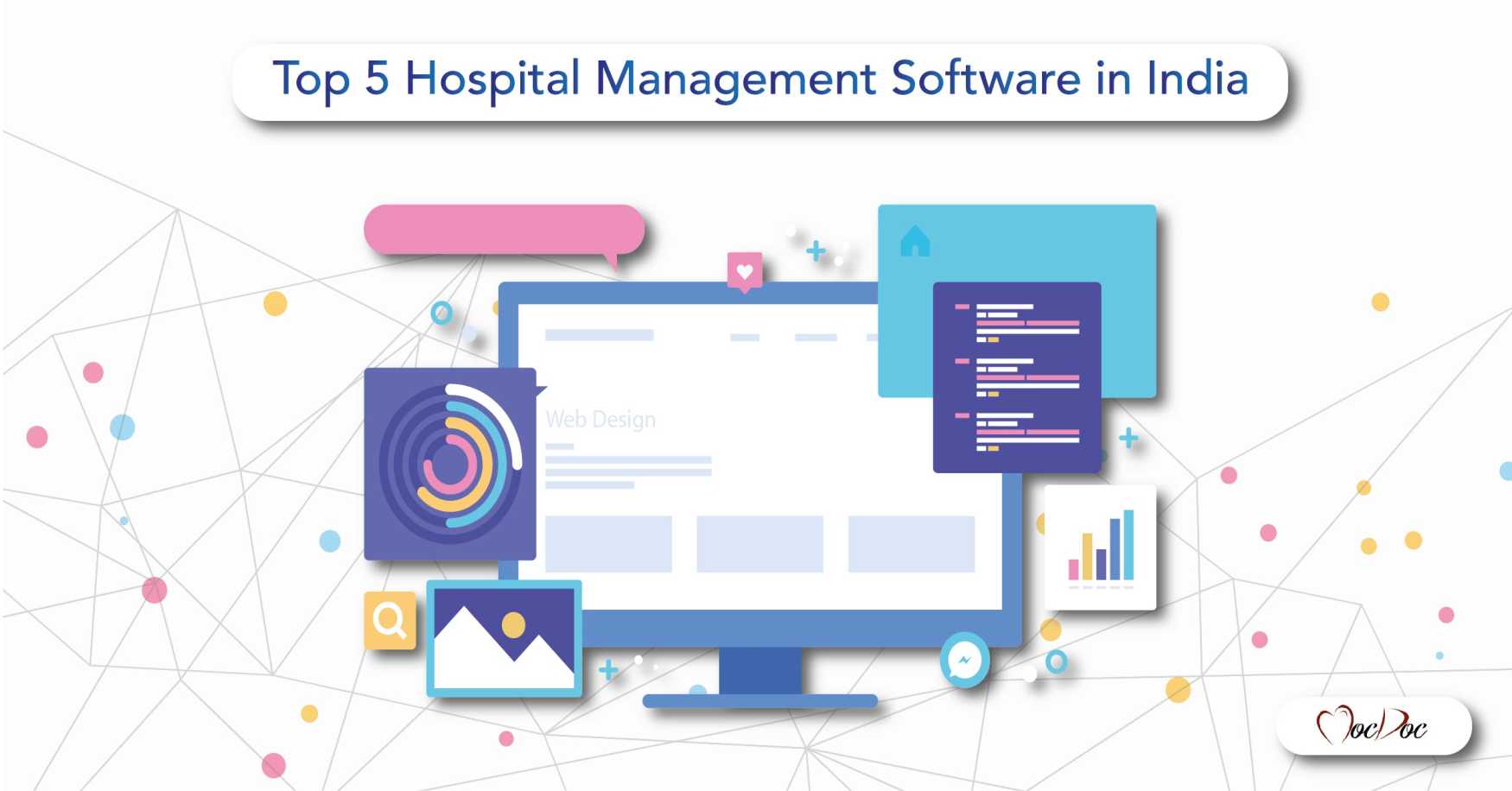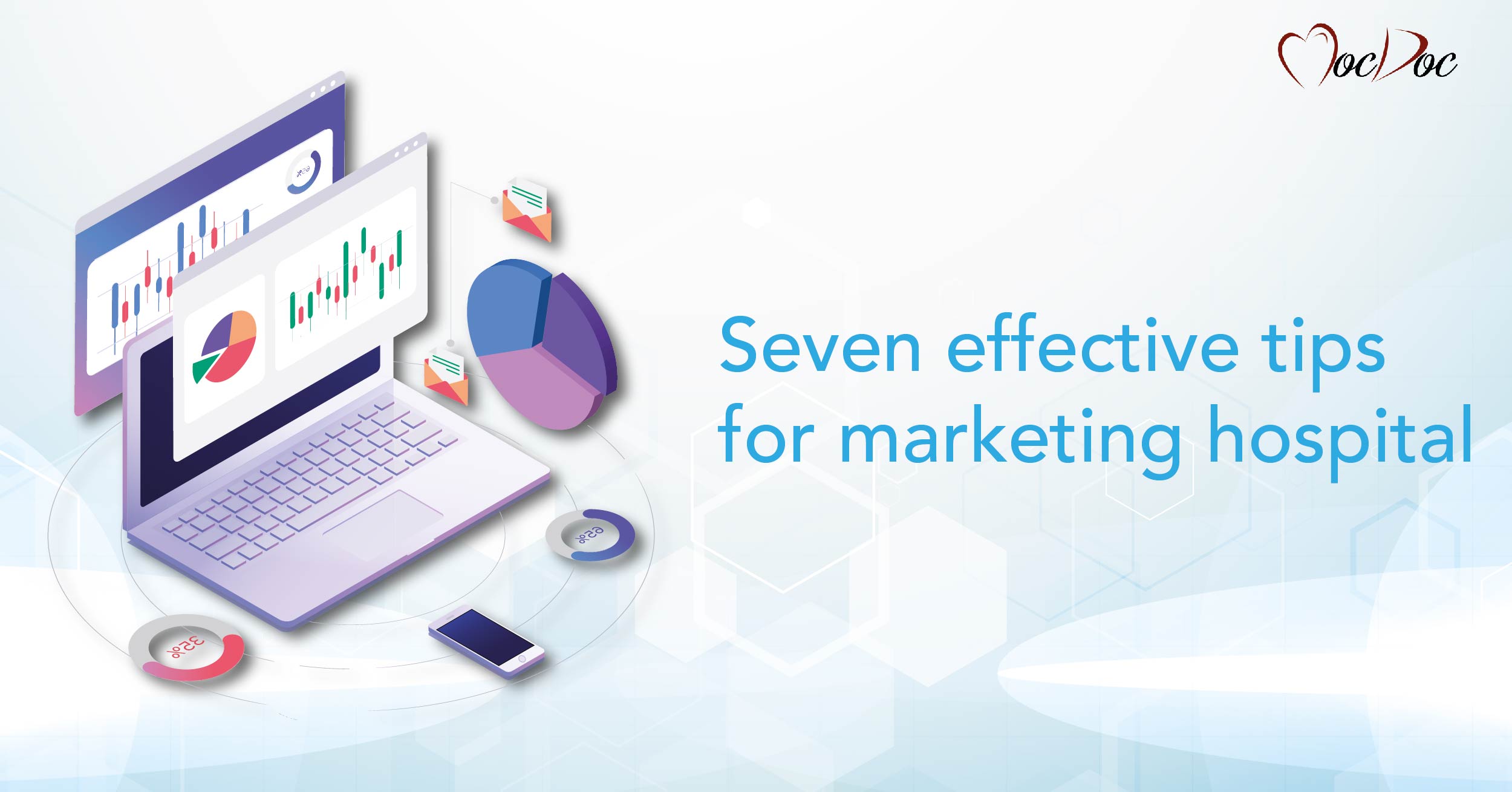MocDoc's Offerings
How a hospital can Leverage Social Media as a Marketing tool
Published By
Sanjana
2019112612:29:05
Category HMS

Social Media has brought tremendous changes across every platform, including the healthcare industry. It has completely changed the way patients perceive and interact with their physicians and hospitals. Having a good connection with patients and maintaining proper communication flow between different doctors, physicals, and other healthcare professionals is critical for the success of any medical center or hospital.
Social Media helps to improve patient care, enhance the relationship of the hospital with the public, increase current patient satisfaction, and draw the right potential patients by enabling medical professionals and doctors to share and interact with information successfully. This blog will deal with how social media play an essential role in enhancing the performance of hospitals.
How Can Hospitals Utilize Social Media?
The Spark Report Survey states that 41% of the respondents declared that Social Media plays a vital role in affecting their choice of a specific medical facility, hospital, or doctor. Mayo Clinic and other similar organizations already have started making use of social media strategies to serve their patient’s needs in a better way.
The engagement between physician and patient:
Social media advocates have stated that social sites like Facebook makes the process of communication easier with patients as well as have an important role in establishing a stronger relationship between physician and patients. Some facilities find this easier to create a patient group that supports chronic disease management and also provides the right information. It has also made it more accessible for patients to reach out to their doctors and physicians to know extra details about their health even after a visit.
Marketing with Social Media:
Social Media sites play a significant role in marketing your facility in different ways. One example is you can make use of social media to pick the best managers for your hospitals, and therefore, you will be able to expand your pool of job applicants. Websites like RateMD can be used as an essential resource to advertise and promote the facility. You can also ask your happy patients to provide positive reviews for your hospitals and medical centers so that your facility can be more searchable on the search results, which leads to more referrals.
The collaboration between Physicians:
Few social media sites enable providers to share resources and information with colleagues which can be used while treating patients with unusual symptoms or chronic conditions. Online collaboration of this kind is more beneficial for rural area facilities where there are difficulties for certain specialists to come.
Managing an all-inclusive Medical Imaging Program:
Whether it is ultrasounds, MRI scans, CAT, or mammograms, digital imaging is considered to be an invaluable part utilized in medical centers and hospitals. Managing an all-inclusive imaging program indicates implementing Hospital Software which helps doctors and physicians to monitor the patient’s complete health easily. With the help of social media, you will be able to implement a digital imaging program quickly. Distinctive images like X-rays and MRIs can be shared with social media platforms from the doctor’s workstation easily. The physicians can also upload pictures to Facebook, Twitter, and other social media accounts in a secure way, which is HIPAA compliant. Physicians, doctors, and radiologists can share the images on social media sites for teaching and second opinions.
Providing Exact information to the patients:
Most of the hospitals have a website and blog. If a hospital has a relevant and engaging blog, then it’s the best way to reach out to the current patients as well as the prospects. Whether the content is written by staff members or outsourced, it’s significant to present materials that represent the services and skills offered by the hospital.
There are many ideas to consider when rebooting or planning your social media strategy. Only you know what your hospital community needs. Make use of every social media benefit in your hospital so that you can reach your goal. For more information, keep in touch with us.
Related Articles
Scalable Hospital Management S...
Hospitals are rarely a single department ent..... Read more
Top 5 Online Hospital Manageme...
Hospital Management Software is a vital business t..... Read more
Seven effective tips for marke...
Inspiring patients to reach your hospital is not e..... Read more
How to Invest in a Hospital Ma...
One of the first things that come into our mind be..... Read more



